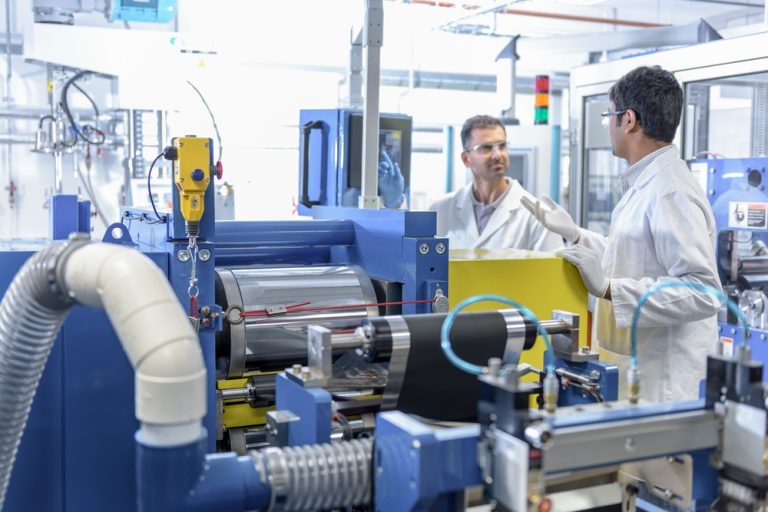In August 2021, President Biden declared that “the future of the auto industry is electric. There's no turning back.” One region rising to meet the needs of the auto industry as it transitions toward electric is northern Nevada.
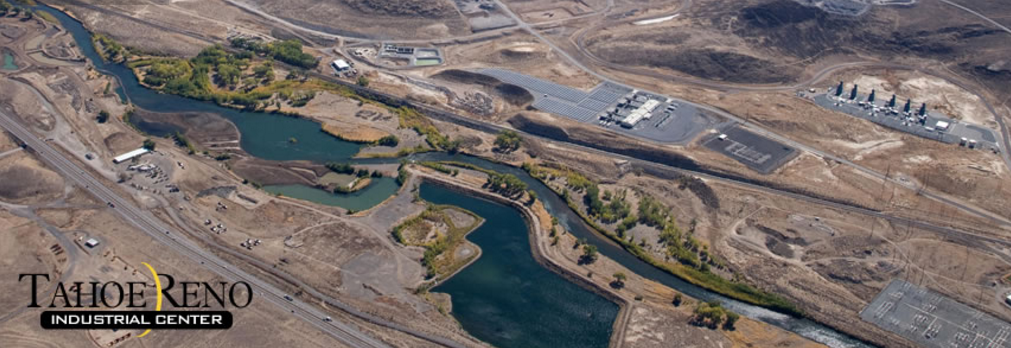
Organizations like the Tahoe-Reno Industrial Center (TRI), the world's largest industrial park, have put in place the functionally designed infrastructure needed to support this emerging battery ecosystem. The opening of the Tesla Gigafactory by Tesla, along with Panasonic, has spurred a variety of others to look to northern Nevada as a hub for battery technology.
Read on to learn more about Northern Nevada's active role in lithium-ion battery manufacturing, leading to the shift from gas-powered to battery-powered vehicles.
Lithium mining and the green revolution
Lithium is the lightest solid element in the periodic table of elements. It powers cars and much more. It's essential for the batteries that power computers, cell phones, and toothbrushes, to name a few. It is found in prehistoric volcanic deposits.
Millions of years ago, northern Nevada experienced intense episodes of volcanism, and these ancient events still affect the state today. For example, the prehistoric volcano in Thacker Pass produced large deposits of lithium, according to Tim Crowley. Crowley is vice president of government affairs for Lithium Americas and former president of the Nevada Mining Association.
Thacker Pass is located in Humboldt County, 50 miles north of Winnemucca, and is the largest known lithium deposit in the United States. All told, Lithium Americas will extract an estimated 80,000 tons of the element annually from the ground.
What does this mean in terms of electric cars? This annual load will provide power for millions of cars.
The mine has also brought countless new jobs to the area, with an estimated 40-year timeline for full extraction. Thacker Pass contributes a much-needed source of this element to the United States, which has historically produced only one percent of the world's lithium.
White gold boom
By 2040, the International Energy Agency expects global demand for lithium (also known as “white gold”) to grow more than 40 times. To meet this need, mining companies will continue to increase production.
Of course, Lithium Americas is just one of many operations in Nevada participating in this effort. All told, there are more than 17,000 lithium exploration claims.
As a result, the pursuit of lithium has been called the “white gold” boom. But unlike the California Gold Rush, lithium mining is nothing more than a get-rich-quick scheme. It takes years to mine and process lithium, and current demand far exceeds supply.
What does this mean in terms of the bigger picture of things? In the coming years, there's a good chance the vehicles you drive will contain batteries with materials sourced from Nevada.
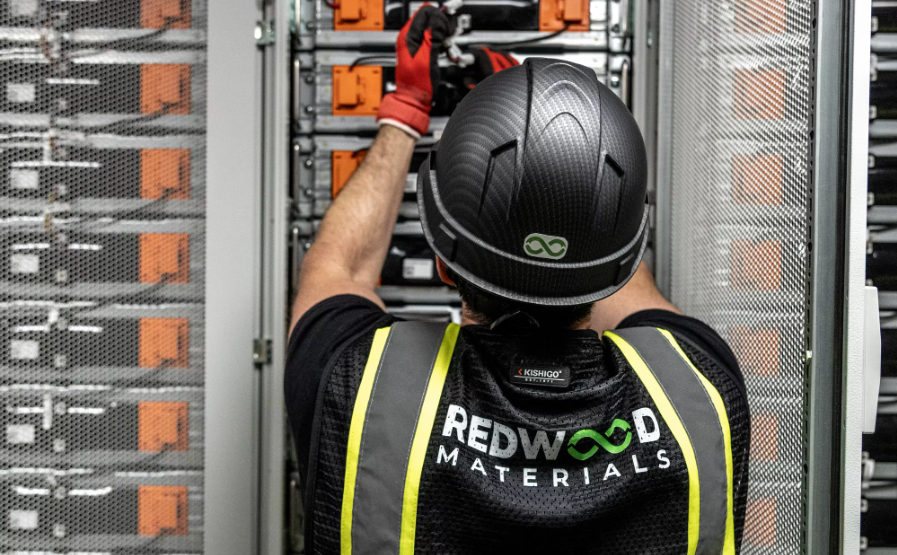
Redwood is transforming the battery supply chain by providing large-scale sourcing of domestic anode and cathode materials produced from a growing number of recycled batteries that go directly back to U.S. cell manufacturers. Image source
Mining and recycling go hand in hand
Nevada leaders recognize the importance of combining extraction and recycling. Mining companies, along with lithium-ion battery recyclers and manufacturers, recognize the value and potential benefits of these two activities to meet global demand.
“The sheer number of batteries and the sheer number of compounds is overwhelming,” explains J.P. Straubel, CEO of Redwoods Materials. “If there is no scale-up early and there is no ready solution, it can become a huge challenge.”
To rise to this “grand challenge,” Redwood Materials received a $2 million loan from the Department of Energy in February to build its battery recycling headquarters in Nevada. Straubel is not a new face when it comes to battery production.
Before founding Redwood Materials, he served as co-founder and CTO of Tesla. Today, Tesla operates one of the world's largest factories for electric motors, energy storage products, powertrains and batteries in northern Nevada.
The emerging battery ecosystem
The growing network of lithium-ion battery organizations continues to bring important innovations to the Silver State. These thriving enterprises have contributed to economic diversification while adding higher-paying jobs and enriching and developing the renewable energy industry.
Recycling lithium-ion batteries reduces hazardous waste and increases sustainability. This will not only ensure that valuable ingredients are not wasted, but will also contribute to increased renewability as the world continues to shift in this direction.
Emerging lithium-ion battery recycling technology
As the need for lithium-ion battery recycling grows, major players in the industry have made their headquarters in Northern Nevada. They include innovators like Aqua Metals, Redwood Materials, Dragonfly, and LiNiCo.
Each of these companies has invested heavily in researching and developing innovative ways to recycle lithium-ion battery products.
Furthermore, they pursue independent patented processes that allow for the use of larger quantities of reclaimed material, known as black mass. These companies are paving the way for black block reuse in safer and more cost-effective ways.
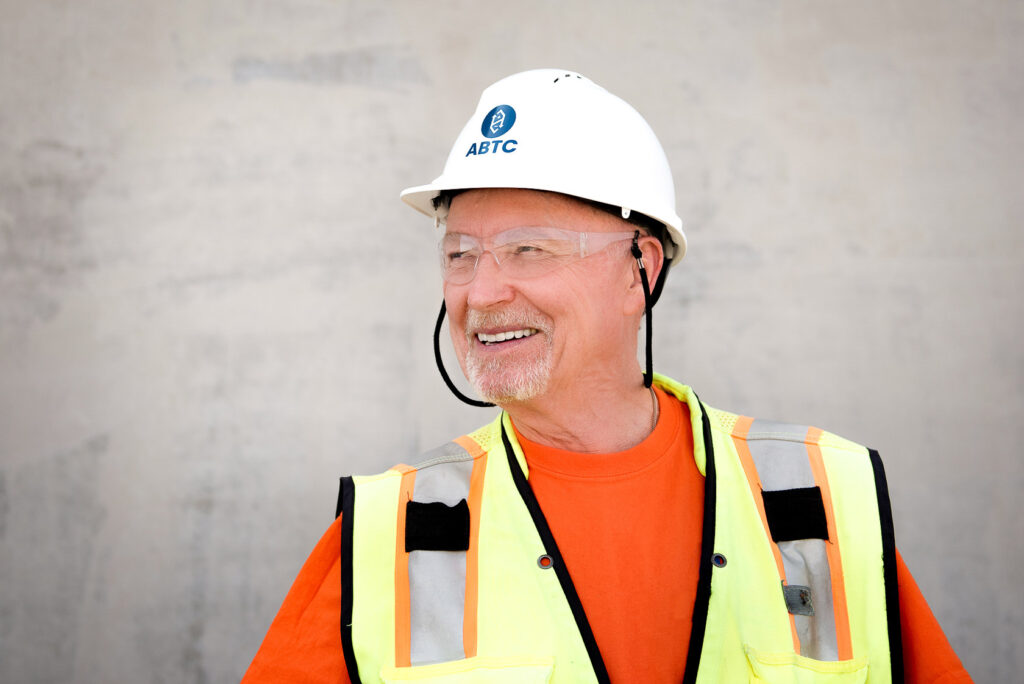
Image source: American Battery Technology Corporation (ABTC).
Meet sustainability requirements
By 2030, some predict a lithium shortage of 250 kilotonnes. Fortunately, natural lithium deposits in the Silver State provide an important source of this highly valuable element. Combined with near-zero emissions recycling pioneered by Nevada-based companies like American Battery Technology Corporation (ABTC), there are cutting-edge ways to meet this global demand.
Recycling lithium-ion batteries in Nevada produces high-value critical battery metals. These metals meet cathode specifications for reintroduction into the battery supply chain. In other words, the products of these processes have the potential to close the loop on the battery supply chain.
Minka Sethi of ABTC concluded, “Understanding supply chain risks and implementing regulatory solutions co-created across industry, government, and community will strengthen our domestic supply chains, grow at-home manufacturing jobs, and accelerate Nevada and the nation’s ‘battery-powered’ economy.”
Nevada and the energy economy of the future
With relatively accessible lithium and abundant solar, wind, and geothermal activity, Nevada is a vital part of the future green energy economy.
The influx of large technology-based companies into Northern Nevada has brought a large number of employees focused on green technology, but more are needed to keep up with the industry's growth. Mechanical engineers, chemical engineers, and industrial engineers are in high demand.
The University of Nevada, Reno, a Tier 1 institution, continues to ensure access to a highly educated and qualified workforce. Sustainable energy companies such as Dragonfly Energy are recruiting heavily from the university. This means that most employees in the battery manufacturing industry now work locally, which is a huge advantage for those doing business in the state.
“Lithium produces the most energy-dense electrochemical cells, thus providing the greatest alternative to burning fossil fuels for transportation… Our focus is on simplifying the cell production process in order to reduce the overall cost of energy storage,” explains Dr. Dennis Farris, CEO of Dragonfly Energy.
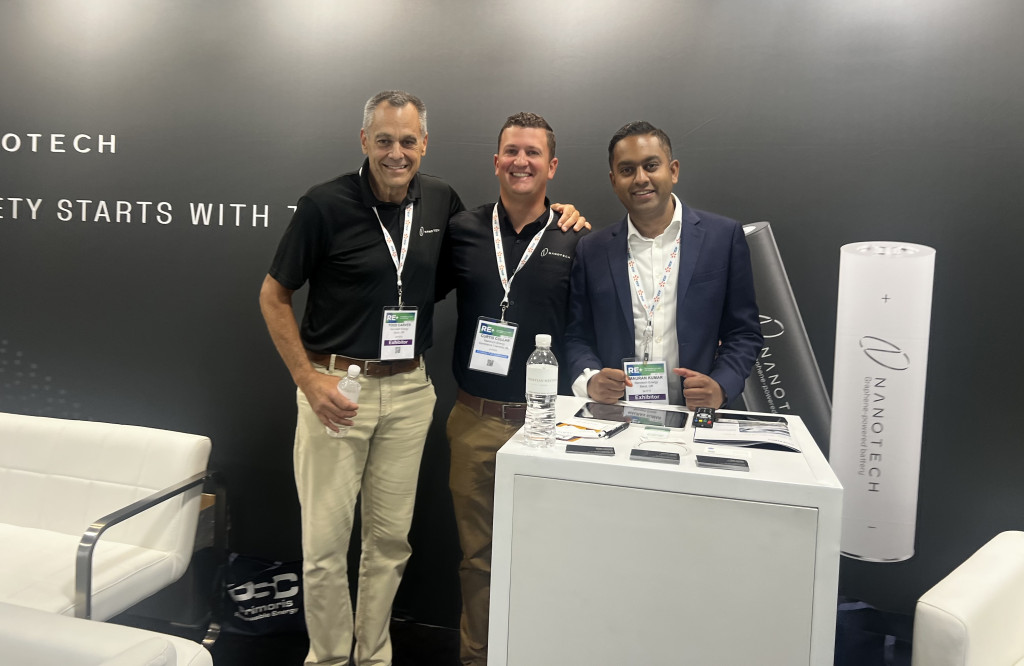
Actors from Nanotech Energy Image source
Lithium-ion batteries: sustainability and safety
But what about recent concerns about the flammability of lithium-ion batteries? Recently, a company has emerged on the scene to address these challenges: Nanotech Energy.
“There is a standardized test that batteries use where they are placed,” explains Jack Cavanaugh, the company's founder and CEO [it] In the chamber, basically a nail goes through and instantaneously shorts out, and standard batteries will instantly explode and catch fire. He won't do that.
Nanotech Energy, previously based in Los Angeles, has moved to northern Nevada, where it plans to continue innovating. Not only are the batteries a game-changer when it comes to safety, but they can also charge to 80 percent in just 12 minutes!
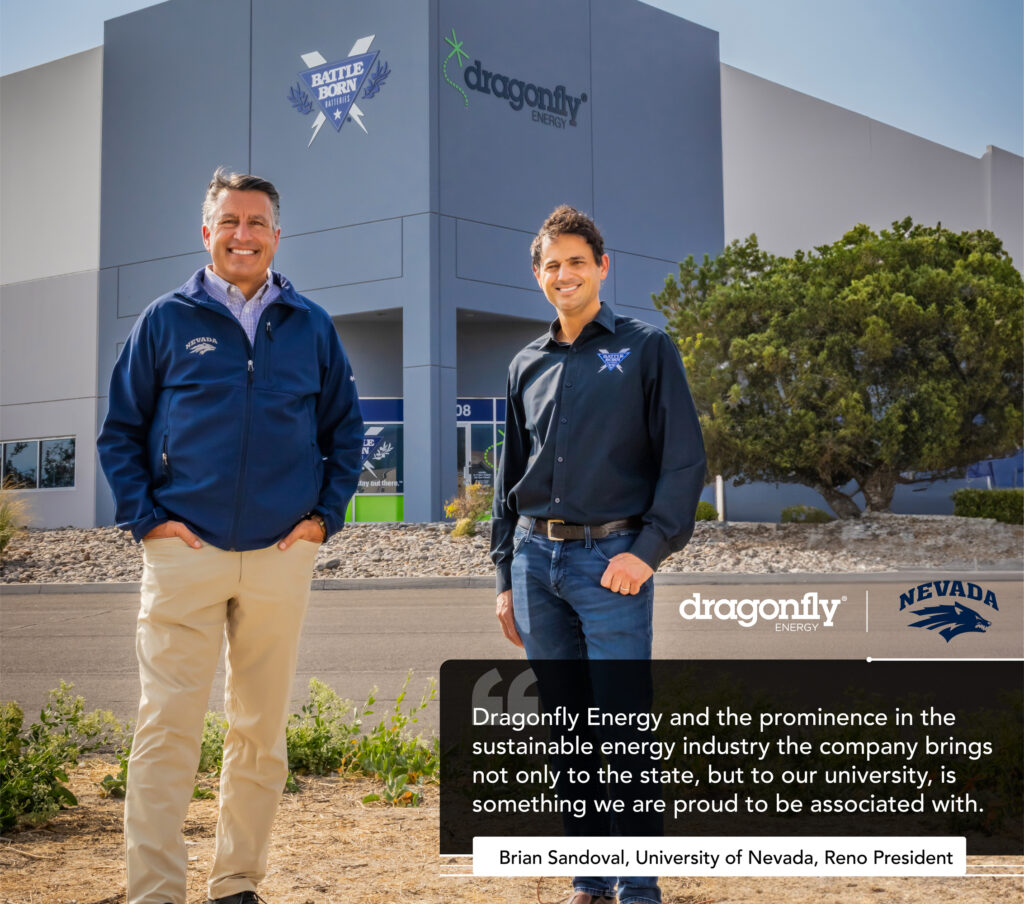
Northern Nevada's emerging battery ecosystem
As you can see, exciting things are happening in Northern Nevada, especially when it comes to the emerging lithium-ion battery ecosystem. From lithium mining to battery recycling, the Battlefield State will continue to play a vital role in meeting future energy needs.
Are you thinking about moving to Northern Nevada? Or looking for jobs in the automotive, technology or green industries? We've got you covered. Browse recruitment companies now to start your journey towards your best life (and best career!) in one of the most beautiful locations in the world.
Work Live Play Reno Tahoe is a community-wide initiative supported by EDAWN to recruit skilled workers with all experience levels to join the Northern Nevada workforce. Start by submitting your resume, browse recruiters, and connect directly with Lindsey, our community liaison who will help lead your job pursuit. Distance working? Check out our comprehensive list of remote worker resources. Students can participate too! Visit our new student portal to start networking for your future.
 Ingrid Barnett is an award-winning travel writer and digital content marketer based in Western Nevada. Recognized by the Nevada Press Association in 2019, her work has appeared in Nevada Magazine, Northern Nevada Business Weekly, Tahoe South, ROVA, American Trails, Ripley's Believe It or Not, and more.
Ingrid Barnett is an award-winning travel writer and digital content marketer based in Western Nevada. Recognized by the Nevada Press Association in 2019, her work has appeared in Nevada Magazine, Northern Nevada Business Weekly, Tahoe South, ROVA, American Trails, Ripley's Believe It or Not, and more.
Follow along each month for Ingrid's special “Work and Life” review – appearing exclusively on WorkLivePlayRenoTahoe.com

